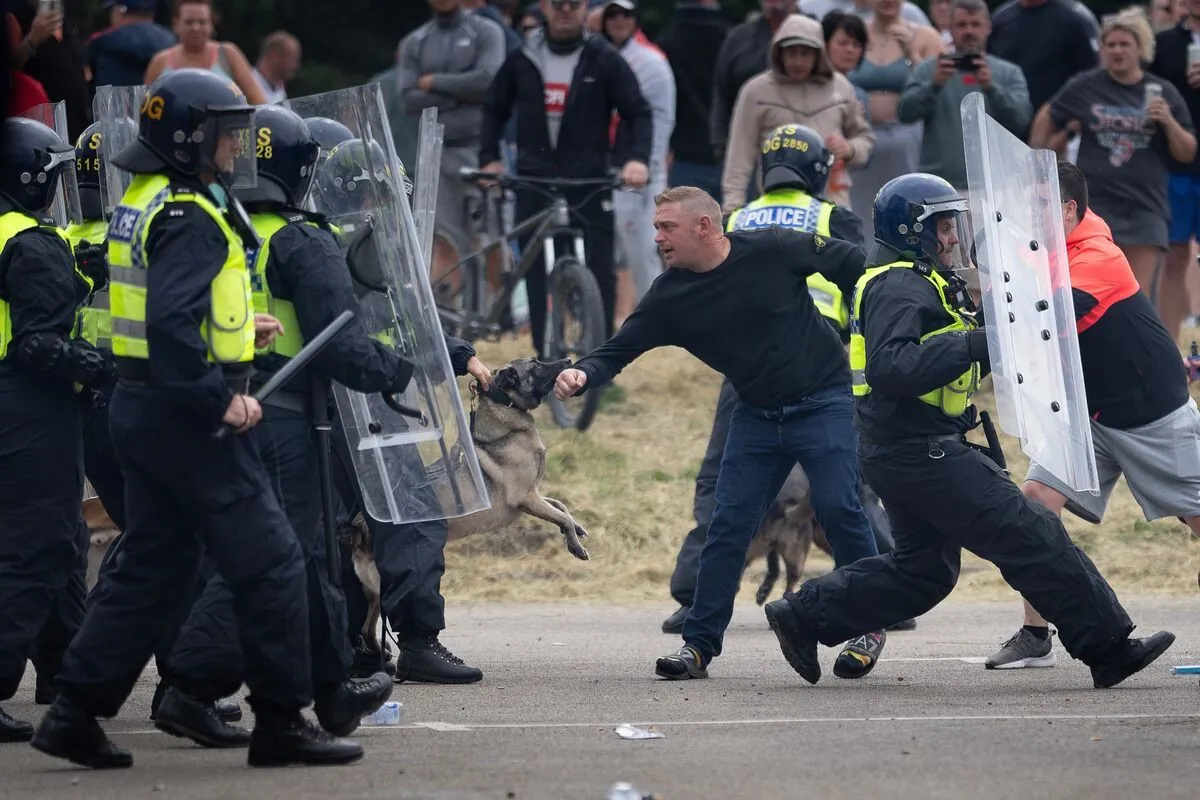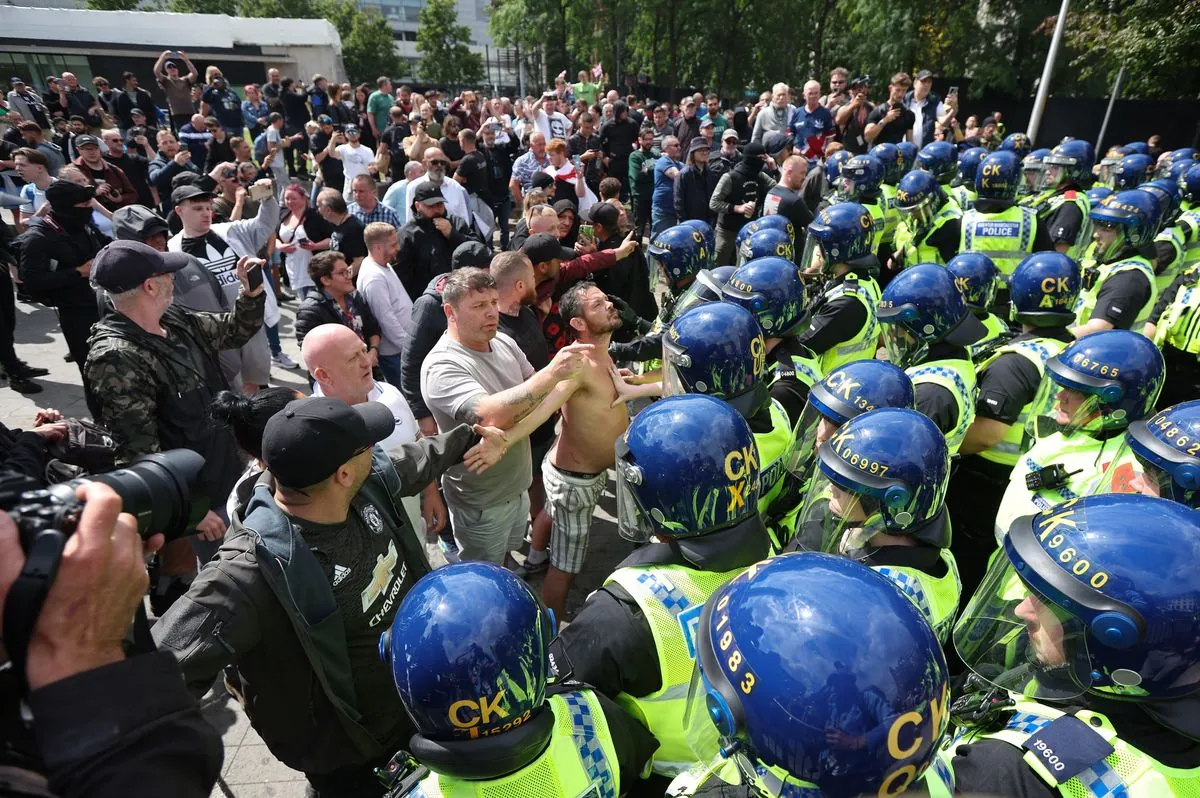Starmer's First Test: UK PM Grapples with Nationwide Riots
British Prime Minister Keir Starmer faces his first major crisis as riots sweep the nation. The unrest, triggered by misinformation, challenges the new government's plans and highlights broader societal issues.

Keir Starmer, the newly appointed British Prime Minister, finds himself confronting a significant challenge just weeks into his tenure. Nationwide riots, sparked by misinformation surrounding a recent violent incident, have erupted across the United Kingdom, testing the mettle of the Labour government that assumed power on July 5, 2024.
The unrest began on July 30, 2024, following a tragic stabbing at a Taylor Swift-themed dance class on July 29. False information circulating on social media incorrectly identified the suspect as a Muslim asylum seeker, igniting racial and ethnic tensions. This misinformation led to violent protests targeting mosques and minority communities, resulting in over 100 police officers being injured.
Starmer, drawing on his experience as the former Director of Public Prosecutions from 2008 to 2013, has taken a firm stance against the rioters. He stated, "This is not protest. It is organized, violent thuggery." The Prime Minister has announced plans to create a specialized police unit to handle riot situations and improve coordination between law enforcement agencies.

The current crisis has overshadowed the Labour Party's initial plans to revitalize the economy and improve public services, including the National Health Service (NHS). Established in 1948, the NHS is the world's largest single-payer healthcare system and has faced significant challenges in recent years.
The government's response to the unrest is complicated by fiscal constraints. Rachel Reeves, the Treasury Secretary, recently revealed a substantial deficit in public finances inherited from the previous administration. This financial shortfall may impact the government's ability to fund additional policing and justice system resources needed to address the crisis.
"I guarantee you will regret taking part in this disorder whether directly or those whipping up this action online, and then running away themselves."
The UK's criminal justice system, already under strain, faces additional pressure from the influx of cases related to the riots. With over 400 arrests made and about 100 individuals charged, the courts are expediting proceedings. Some defendants have already received sentences, with prison terms ranging from 20 months to three years for offenses such as assaulting police officers.
The unrest has brought to the forefront broader issues of immigration and community cohesion in the UK. The country has a long history of immigration, with significant waves occurring after World War II. The English Channel, the world's busiest shipping area, has become a focal point for debates on migration policy.
As Starmer navigates this crisis, he must balance the immediate need for law and order with addressing the underlying societal tensions that have fueled the unrest. The coming weeks will be crucial in determining the effectiveness of his leadership and the direction of his government's policies in response to these challenges.


































